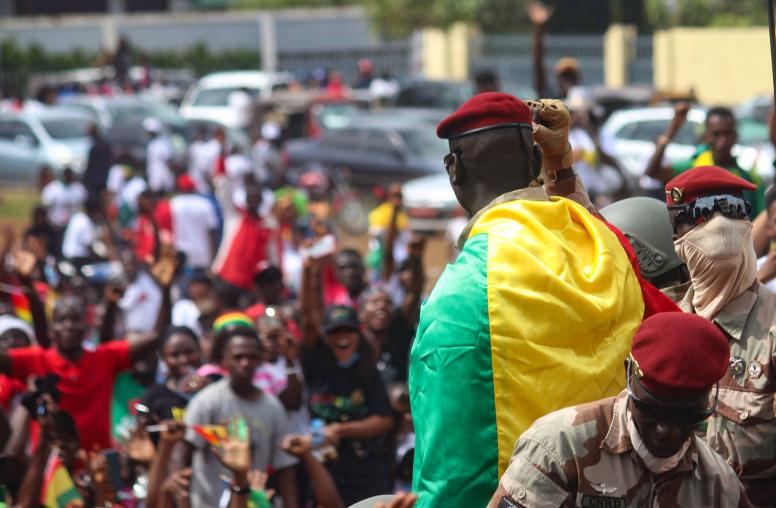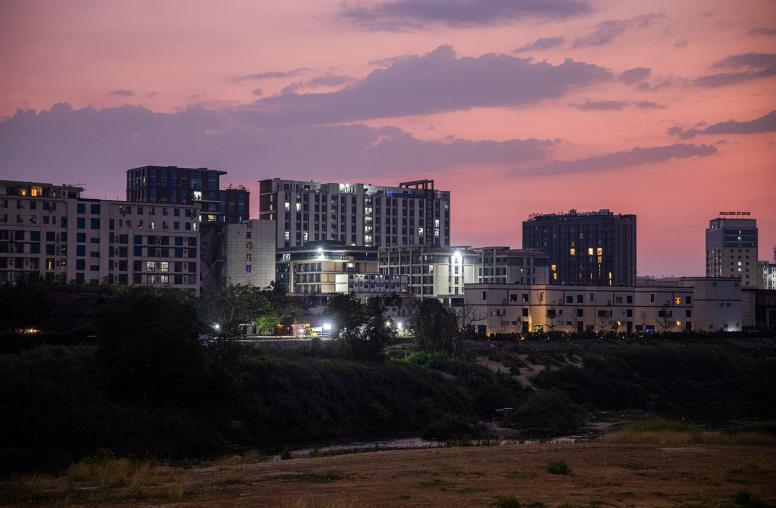Despite massive democratic progress over the last 40 years, Latin America is currently experiencing a governance crisis, with extreme polarization and diminished public trust in institutions. Michelle Muschett, the regional director for Latin America and the Caribbean at the U.N. Development Programme, discusses how peacebuilding and development practices can help restructure governance institutions to meet people’s needs — with a special emphasis on increasing youth’s participation in political and civic life.



